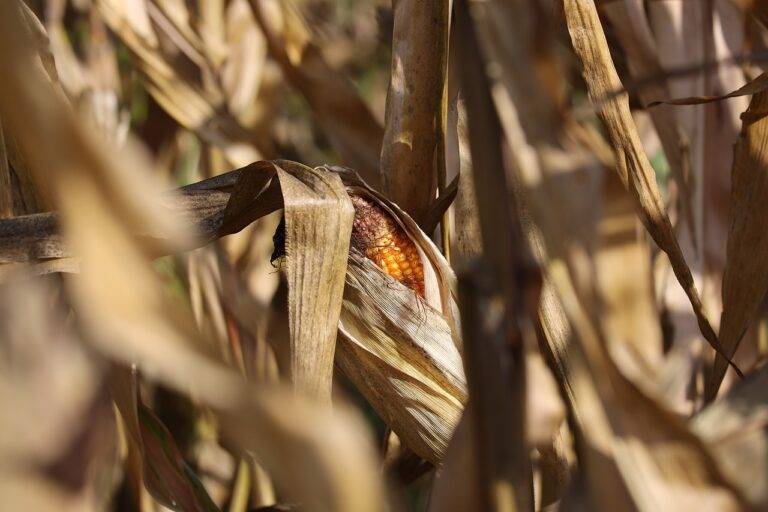The Role of Technology in Enhancing Food Safety Standards
Food safety is a critical aspect of the food industry that cannot be overlooked. Ensuring that food products are safe for consumption is not only a legal requirement but also a moral obligation for food businesses. Contaminated food can pose serious health risks to consumers, leading to foodborne illnesses and even fatalities.
Maintaining high food safety standards also helps in building trust and credibility with customers. Consumers today are more conscious about the quality and safety of the food they consume, and they are more likely to choose brands that prioritize food safety. By investing in food safety practices, businesses can protect their reputation and retain loyal customers who have confidence in the safety of their products.
How technology is transforming food safety practices
Technology has revolutionized the way food safety practices are being carried out in the food industry. With the advancements in sensor technology, monitoring devices, and data analysis tools, ensuring the safety of our food supply has become more efficient and reliable than ever before. These technologies enable real-time monitoring of various parameters such as temperature, humidity, and contamination levels, providing food producers with instant feedback to take prompt corrective actions when needed.
Moreover, the integration of blockchain technology has further enhanced transparency and traceability in the food supply chain. By utilizing blockchain, every step of the food production and distribution process can be recorded and tracked in a secure and immutable manner. This not only helps in quickly identifying the source of any food safety issues but also builds trust among consumers by providing them with detailed information about the origin and journey of the food products they consume.
The use of sensors and monitoring devices in ensuring food safety
With the advancement of technology, sensors and monitoring devices have become crucial tools in ensuring food safety within the food industry. These innovative devices play a vital role in detecting and preventing potential risks associated with foodborne illnesses, contamination, and spoilage. By continuously monitoring various factors such as temperature, humidity, and microbial activity, sensors provide real-time data that allows for prompt intervention and maintenance of food quality standards.
Furthermore, the use of these sensors and monitoring devices not only enhances the overall safety of food products but also improves efficiency and reduces the likelihood of costly recalls. By automating the monitoring process and alerting operators of any deviations from set parameters, these devices enable proactive measures to be taken to mitigate risks and uphold food safety standards. Through the integration of technology-driven solutions, the food industry can better safeguard consumer health and well-being while maintaining the integrity of their products.





